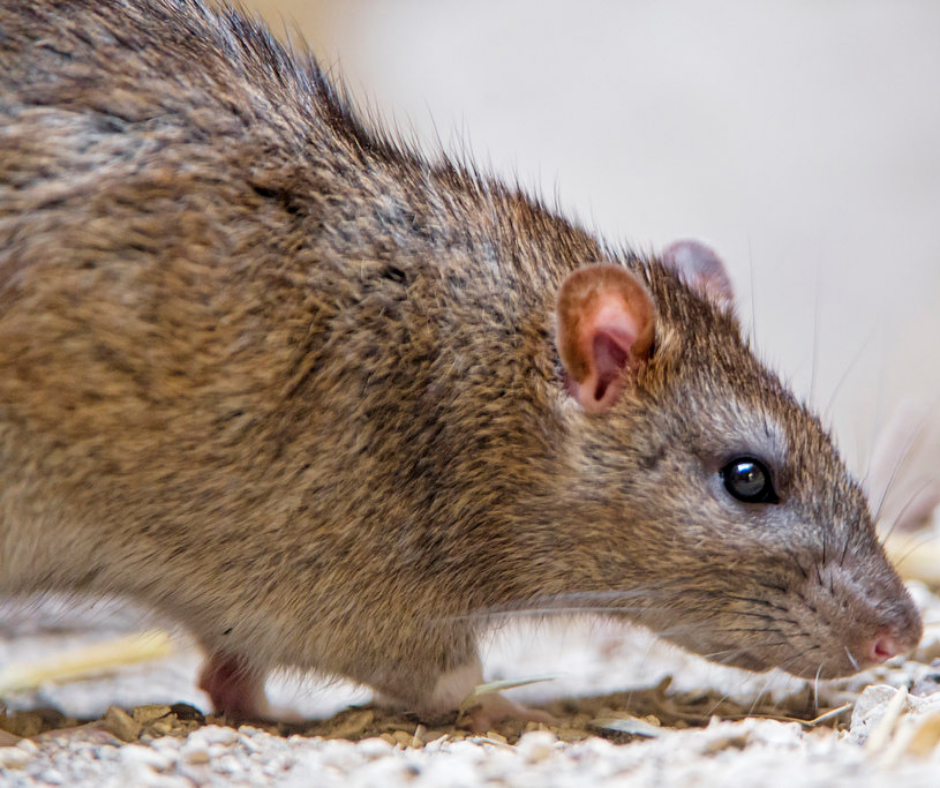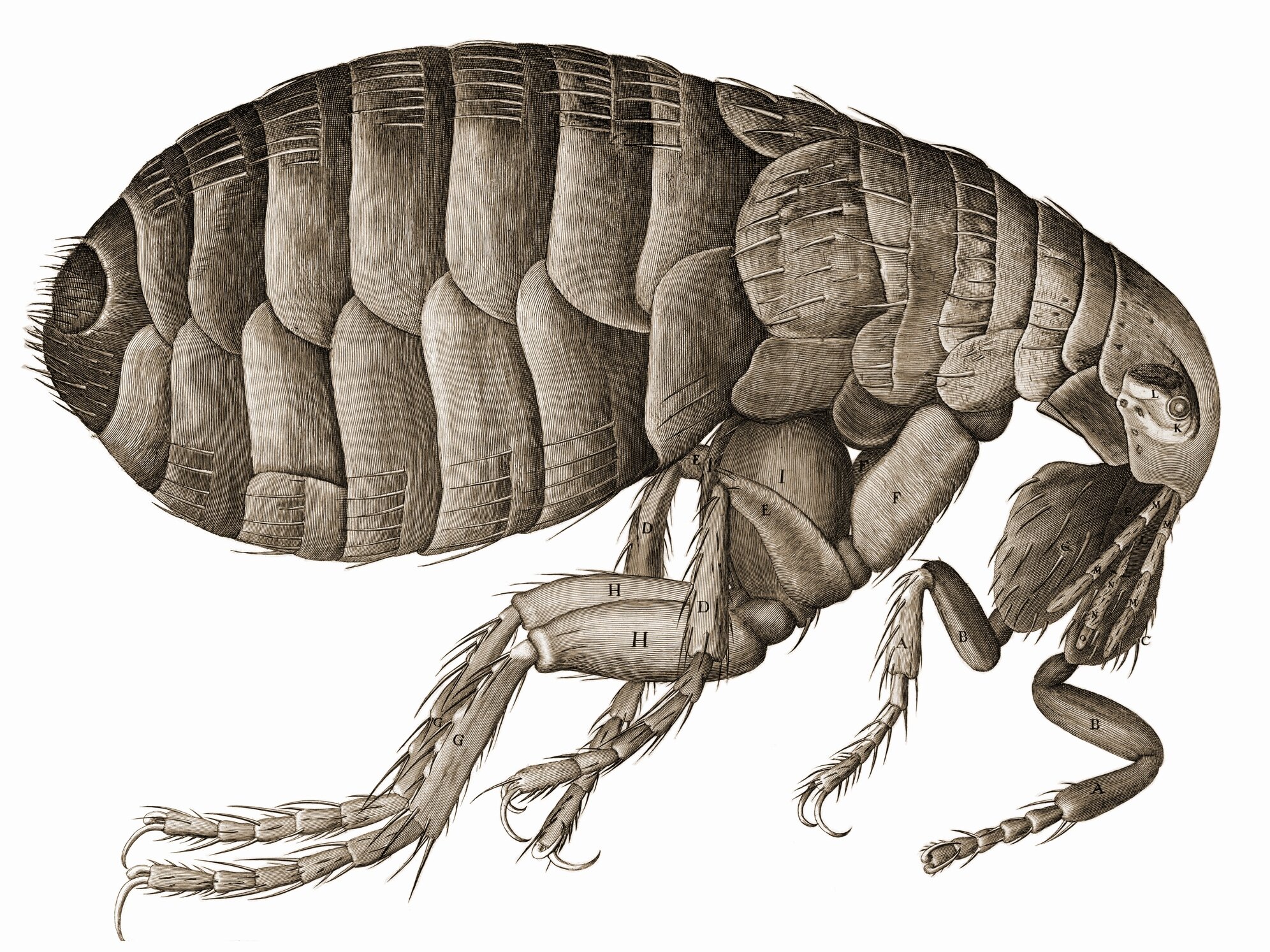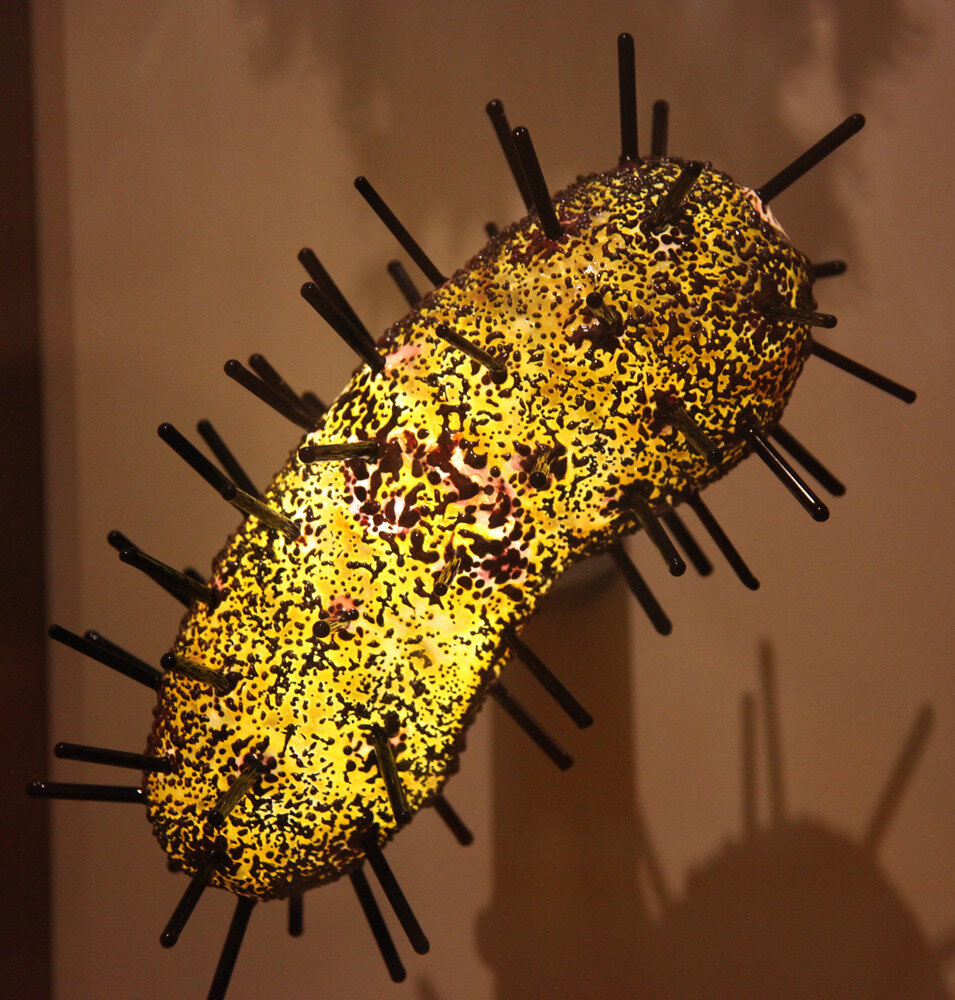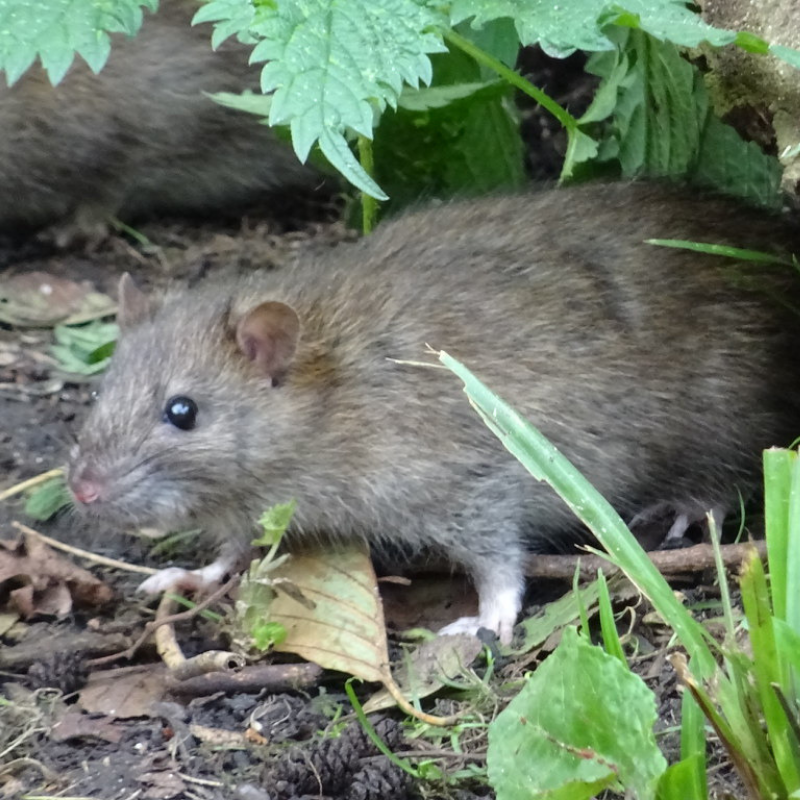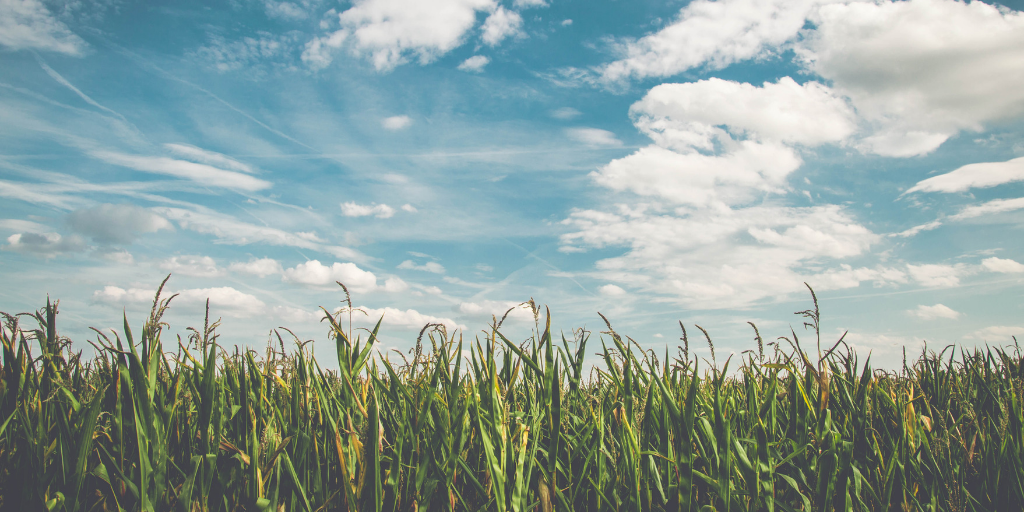Rats are well known for being carriers of some nasty diseases and parasites, including Leptospirosis or Weil's disease, Salmonella, Listeria, Toxoplasma gondii and Hantavirus. While they might not seem too intimidating, history suggests otherwise; it's thought that over 20 million people were killed as a result of the Great Plague. So, how did these rodents contribute to the death of over 30% of Europe's population?
The Great Plague, also known as the Black Death, originated in Asia in the 1200s. Claustrophobic living conditions and an abundance of black rats created an ideal scenario for the pandemic to begin. The bacteria that caused the plague was originally carried by rats. Fleas then fed on the infected rat blood and transferred it to humans by biting them. The illness was so destructive that it took multiple waves to spread in the way that it did.
Europeans became aware of the disease through rumours and trading. Unfortunately, there was very little they could do to protect themselves from the Black Death or prevent it due to the lack of research, technology, and understanding of disease back then. In 1347, boats arrived in Italian cities full of people carrying the disease. The disease was airborne, meaning humans could transfer the germs just by breathing, coughing, or sneezing near each other. Continuing to spread, the devastating plague spread all throughout Europe.
While we may be a lot safer now than people in the 1300s, it's still incredibly important that we protect ourselves from the spread of disease. As the cold weather draws closer, rats will be looking for warmer places to reside. It's vital that we take measures to protect our property from rodents, and if necessary, remove any that have already moved in. Did you know that you are legally obliged to keep your property rodent free under UK law? The Prevention of Damage by Pests Act 1949 states that you must do your best to keep premises rodent free, or, if rodents pose a threat to health or property, report infestations to the local authority.
We can help with any rat problems, from prevention to removal. If you’re concerned about rats on your property contact us now by clicking the button below:







